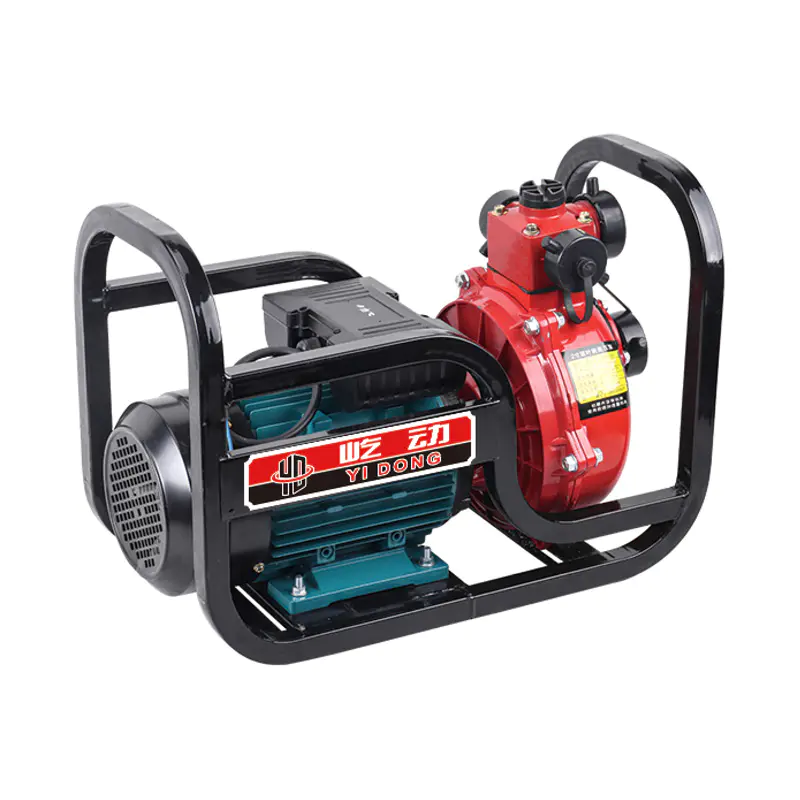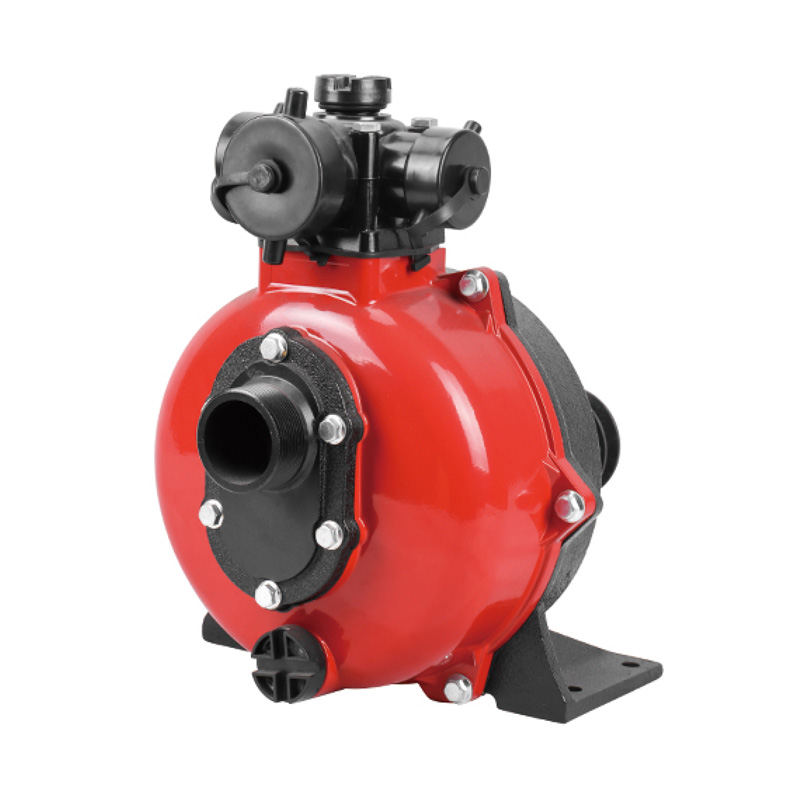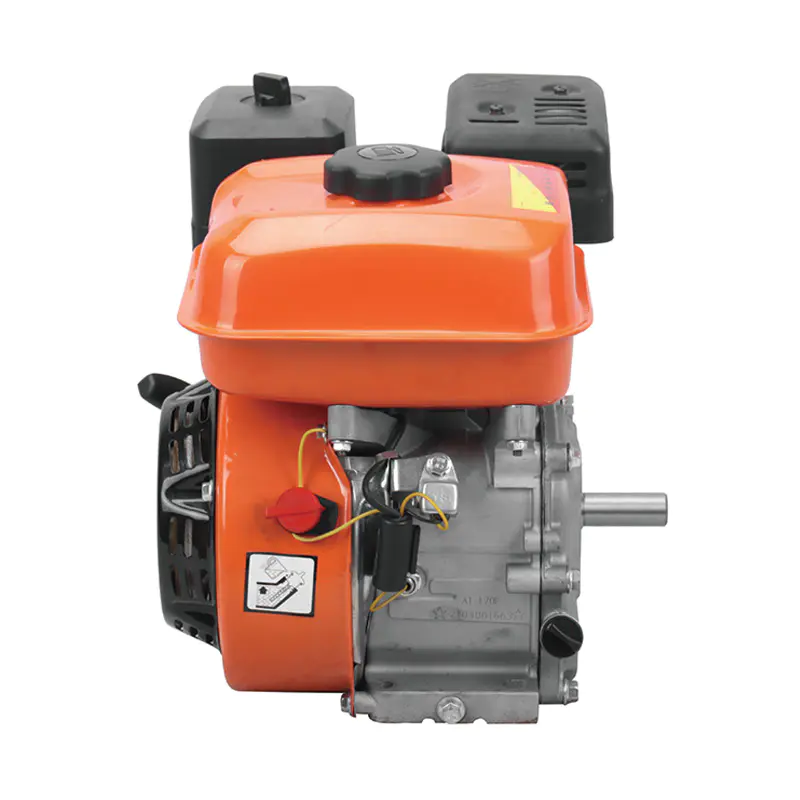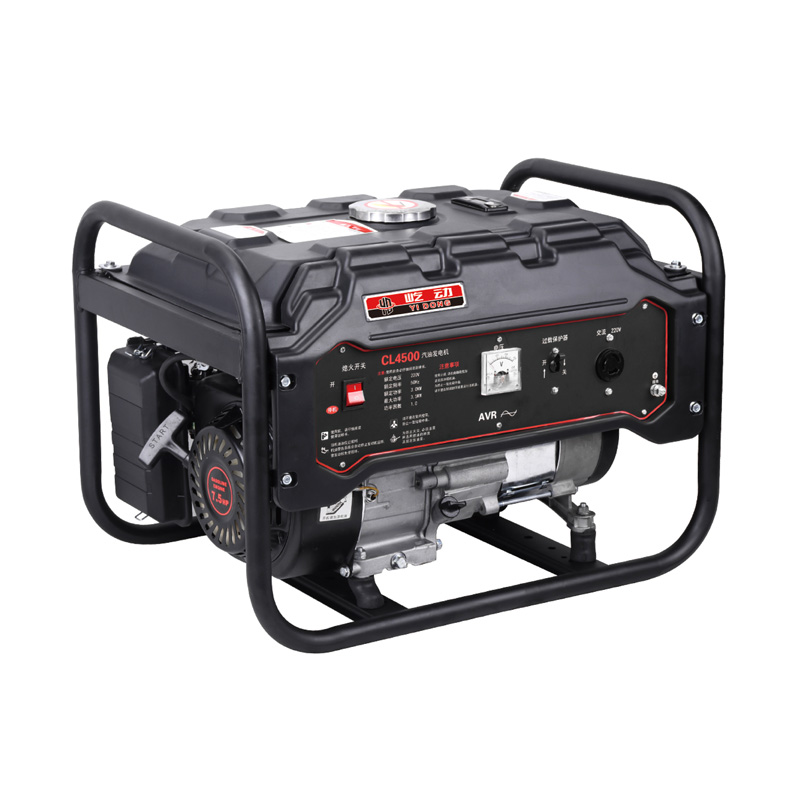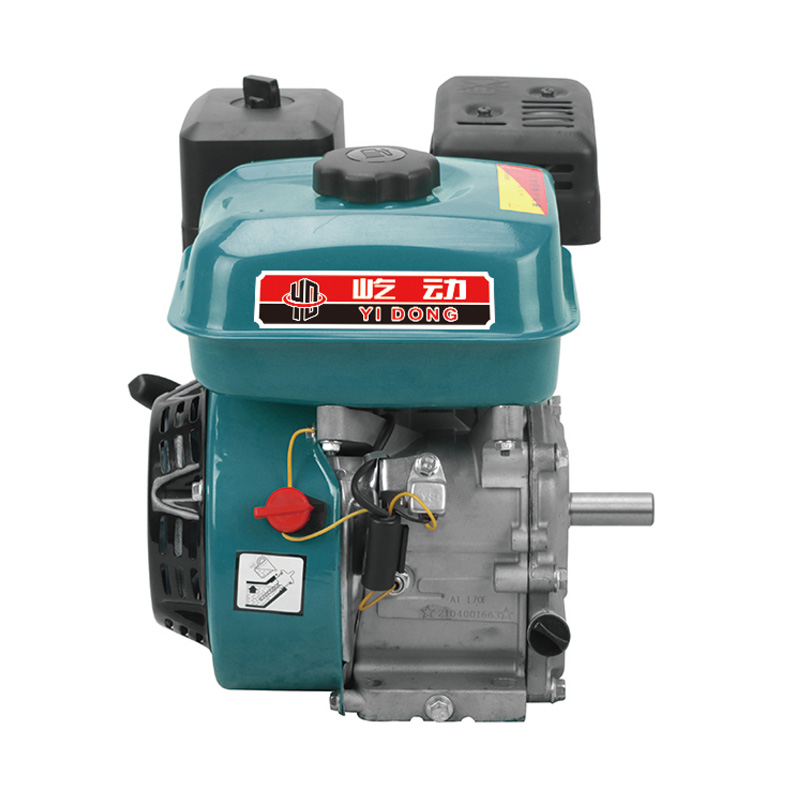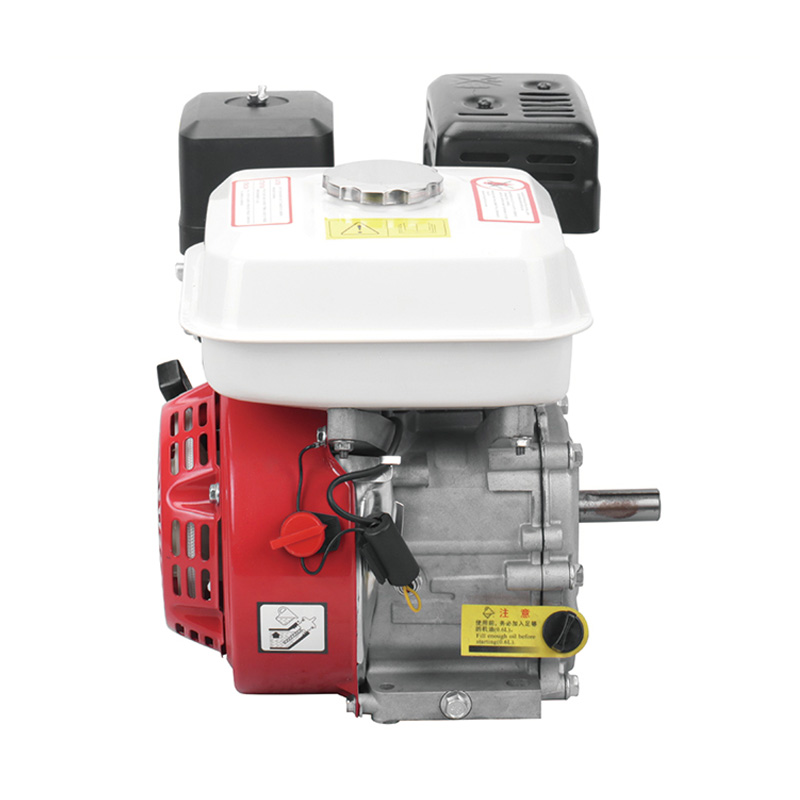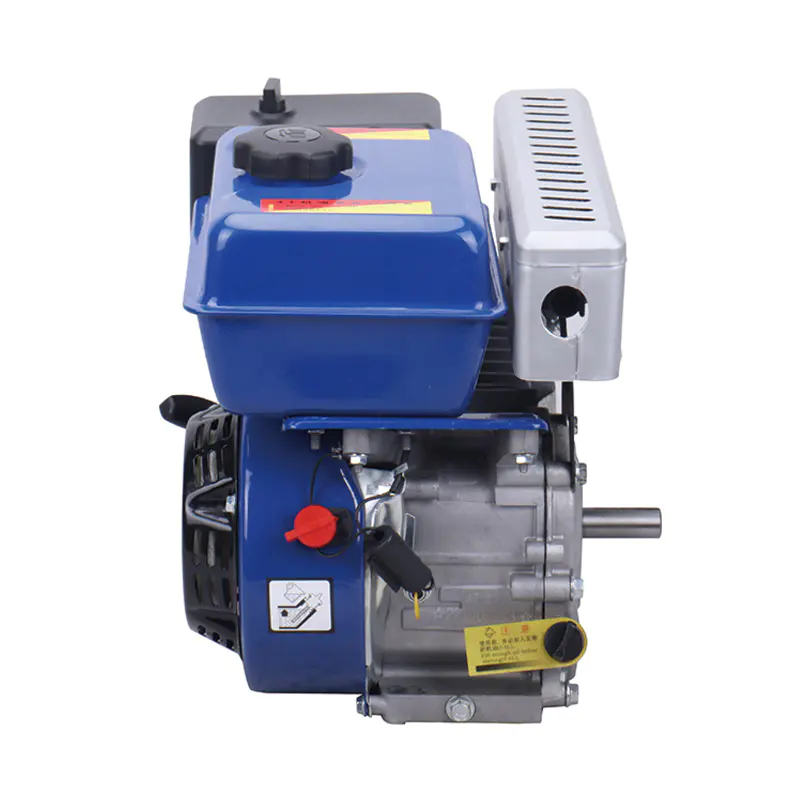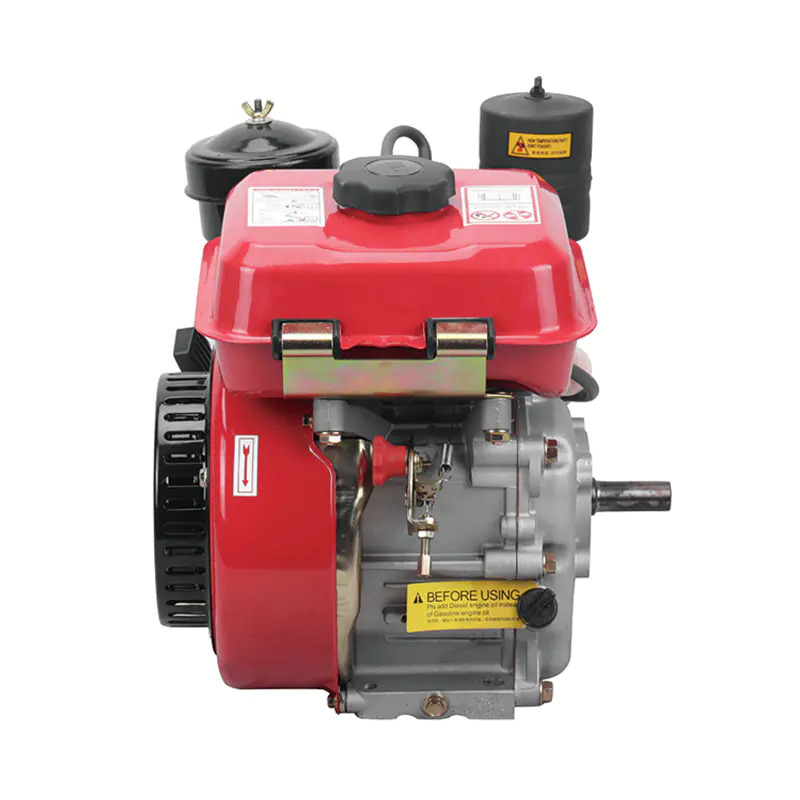How Does Material Selection Affect High-Pressure Diesel Plumber Pump Performance?
The Role of Materials in Pump Performance
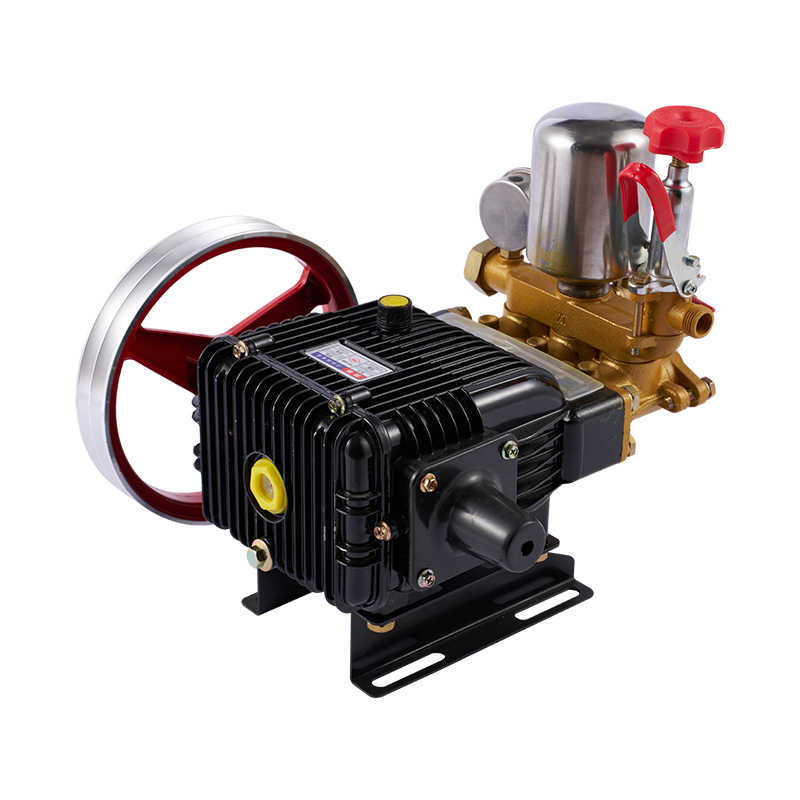
Materials play a crucial role in determining the performance of a high-pressure diesel plumber pump. The selection of materials can affect several aspects, including durability, resistance to wear, and the ability to withstand high pressures.
Durability and Longevity
High-quality materials are essential for the longevity of any pump. A pump that is made from durable materials will be able to handle the rigors of daily use without succumbing to wear and tear. This is particularly important for high-pressure diesel plumber pumps, which are often subjected to harsh conditions and continuous operation.
Resistance to Corrosion and Wear
The materials used in a pump must also be resistant to corrosion and wear. This is especially true for high-pressure diesel plumber pumps, which are often used in environments where they come into contact with corrosive substances. Materials that are resistant to corrosion will help to ensure that the pump remains functional and efficient over time.
Withstanding High Pressures
The ability of a pump to withstand high pressures is directly related to the materials from which it is constructed. High-pressure diesel plumber pumps must be able to handle the stress of pushing water at high pressures without succumbing to damage. This requires materials that are strong and can maintain their integrity under pressure.
Material Selection and Efficiency
The efficiency of a pump can also be influenced by the materials used in its construction. Certain materials can help to reduce friction within the pump, improved performance and lower energy consumption. This is particularly important for high-pressure diesel plumber pumps, which are often used in applications where energy efficiency is a priority.
What Maintenance Does a Suction Plumber Hand Pump Require for Longevity?
The suction plumber hand pump, a staple in many plumbing toolkits, is a simple yet effective tool for moving water in various applications. Its portability and ease of use make it a favorite among professionals and DIY enthusiasts alike. However, like any tool, it requires proper maintenance to ensure its longevity and continued performance. Let's explore the maintenance requirements for a suction plumber hand pump.
Regular Inspections
Regular inspections are a fundamental part of maintaining any tool, including suction plumber hand pumps. By routinely checking the pump for signs of wear and tear, you can identify potential issues before they become major problems. This includes inspecting the pump's seals, gaskets, and other components for any signs of damage or wear.
Cleaning and Debris Removal
One of the common issues with suction plumber hand pumps is the buildup of debris within the pump. This can reduced performance and even damage to the pump's components. Regular cleaning and debris removal are essential to keep the pump functioning at its better. This involves disassembling the pump, cleaning its internal components, and removing any accumulated debris.
Lubrication
Lubrication is another crucial aspect of maintaining a suction plumber hand pump. The moving parts of the pump require regular lubrication to ensure smooth operation and reduce wear. This includes the plunger, seals, and any other moving components. Using the appropriate lubricant for the pump's materials is important to prevent damage or incompatibility issues.
Replacement of Worn Parts
Over time, parts of the suction plumber hand pump will wear out and need to be replaced. Regular maintenance involves identifying these worn parts and replacing them before they cause further damage to the pump. This may include seals, gaskets, or even the plunger itself.
Storage Conditions
The way in which a suction plumber hand pump is stored can also impact its longevity. Storing the pump in a dry, cool place away from direct sunlight and moisture can help to prevent damage and prolong its life. Additionally, ensuring that the pump is stored with its components properly protected can help to prevent damage during storage.



 English
English русский
русский Français
Français Español
Español عربى
عربى